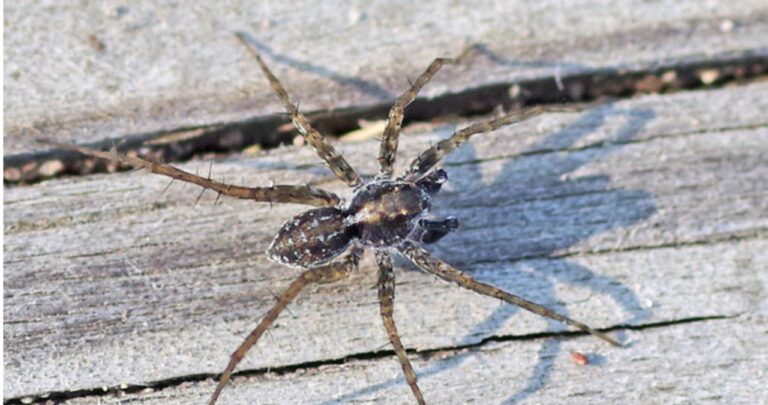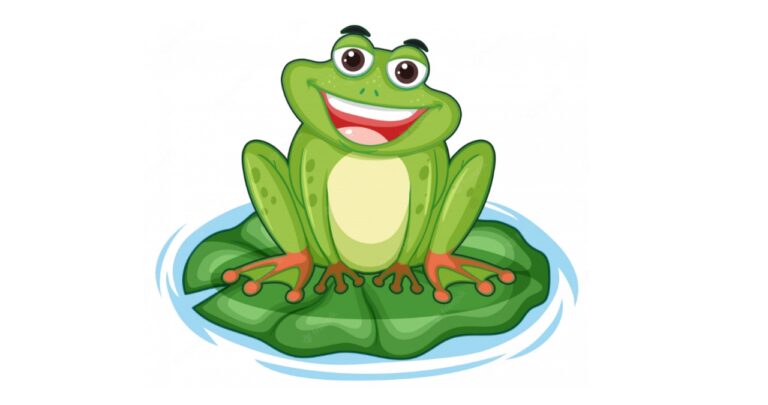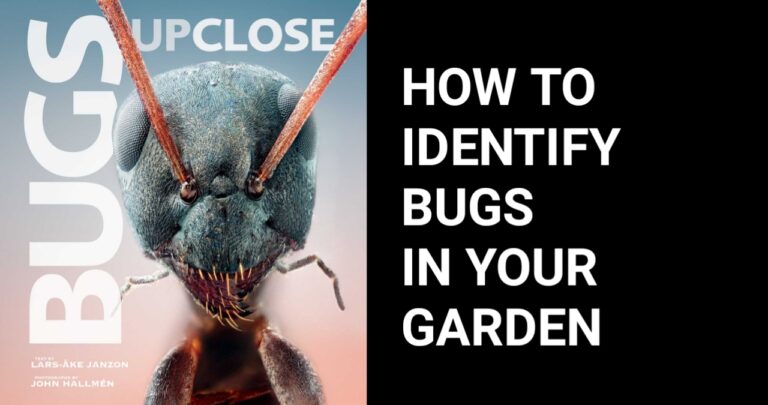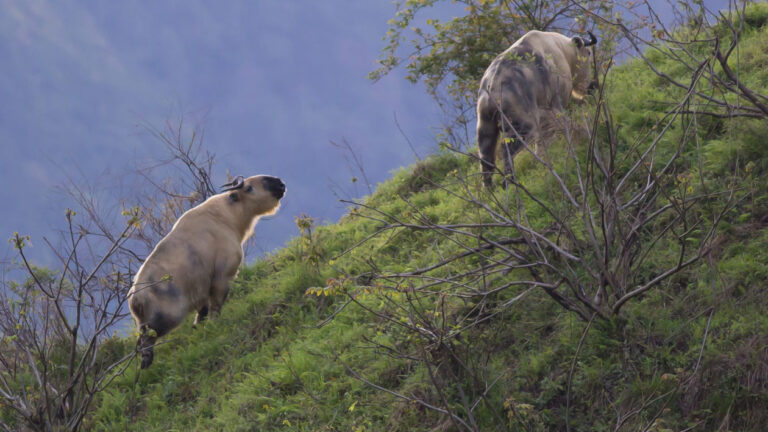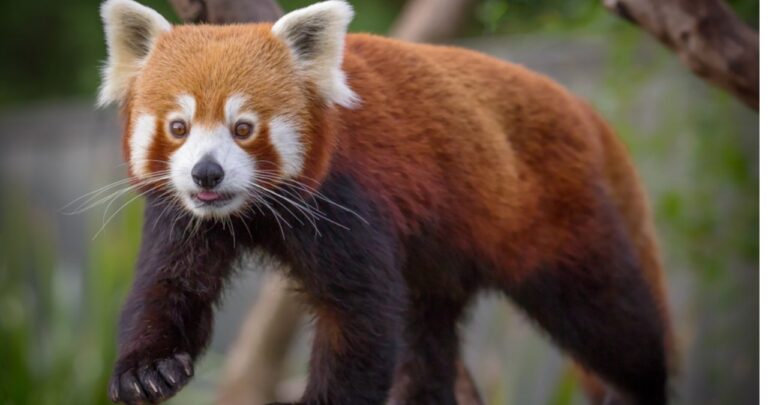How to Protect Yourself From Snakes
Snakes have an expandable gape, which allows them to swallow large prey. Their jaws have a reduced number of bones, and they have a protruding glottis, which allows them to breathe even when their mouth is blocked by prey. In addition, snakes have sharp, back-pointing teeth, which they use to drive their victims towards their stomach. Read on to learn more about the characteristics of snakes and how to protect yourself from them.
Cold-blooded
Cold-blooded snakes hibernate. This process allows them to conserve energy, as they stop or reduce some of their bodily functions in cold weather. The process of hibernation is similar to sleep, since the snakes burrow deep into the ground, which is usually a fairly constant temperature. Because their bodies cannot function properly during the winter, they are unable to digest their food. The most common method of hibernation is through burrowing.
They can’t survive in extreme hot or cold
Most snakes can’t survive in either extreme of heat and cold. When temperatures drop, snakesSlow down their metabolism and rest. This is a form of hibernation that keeps snakes in a hibernaculum during the coldest months. When temperatures rise, snakesMust increase their metabolic rate. This process requires them to keep their body temperature above 68 degrees Fahrenheit to produce sperm.
They have a sense of smell
The snake’s powerful sense of smell is one of its most unique qualities. It can pick up scents from meters away, enabling it to navigate its environment. The scents of food, potential threats, and mates are particularly important for snakes, as the scents do not always correspond with what a snake can see or hear. Although they don’t have excellent eyesight or hearing, snakes’ sense of smell is a remarkable feature, and is the reason they are so different from their mammalian counterparts.
They are carnivores
Even though snakes are known as pests, they have many beneficial qualities, including helping control other types of pests. Although snakes are not herbivorous, they do feed on plant matter, including roots, fruits, and seeds. SnakesHave short intestinal tracts, making it difficult to digest plant matter or extract nutrients. These traits make them excellent predators. Listed below are some other animals that are carnivores:
They have no external ears
While most reptiles don’t have external ears, some species do. Their eardrums are either flush with the sides of their heads, or slightly recessed. In mammals, the eardrums are much deeper in the head, whereas in snakes, the eardrums are only slightly recessed. The external ear structure helps funnel sound towards the eardrum. This helps snakes hear. In contrast, elephants and tigers have very large ears and use them to hear sound, which allows them to hunt.
They can fly
Snakes can fly. Chrysopelea is the scientific name of this genus of snake. These snakesAre part of the Colubridae family and are mildly venomous. The venom is lethal only to small prey. These snakes live in southern China, India, Sri Lanka, and Southeast Asia. Read on to learn more about these beautiful snakes and their amazing abilities.
They have a heat pit
The hottest place on a mammal is the eyes. SnakesUse this sense of heat to locate their prey. During an attack, the snake may use its heat pit to detect its prey. This method has been used for years by snakesTo hunt and attack humans. It is unclear how this technology works. It has been compared to a pinhole camera, which focuses light through a very small hole. Despite its large size, snakes’ pit organs detect heat sources from warm-blooded animals.
Conclusion
snakes have many unique anatomical and physiological adaptations that allow them to hunt effectively and survive in different environments. Their flexible jaws, backward-facing teeth, and expandable gape help snakes swallow large prey whole. Being cold-blooded allows snakes to survive in various climates by regulating their metabolism and entering states of hibernation. Their keen sense of smell helps snakes locate food and mates from a distance. As carnivores, snakes play an important role in controlling pest populations. While snakes may seem frightening to humans, appreciating their survival strategies and benefits can help foster understanding and conservation of these remarkable reptiles. With care and caution, both snakes and people can coexist in harmony.

I’m publisher on vents today if anyone want post on our website then do contact


